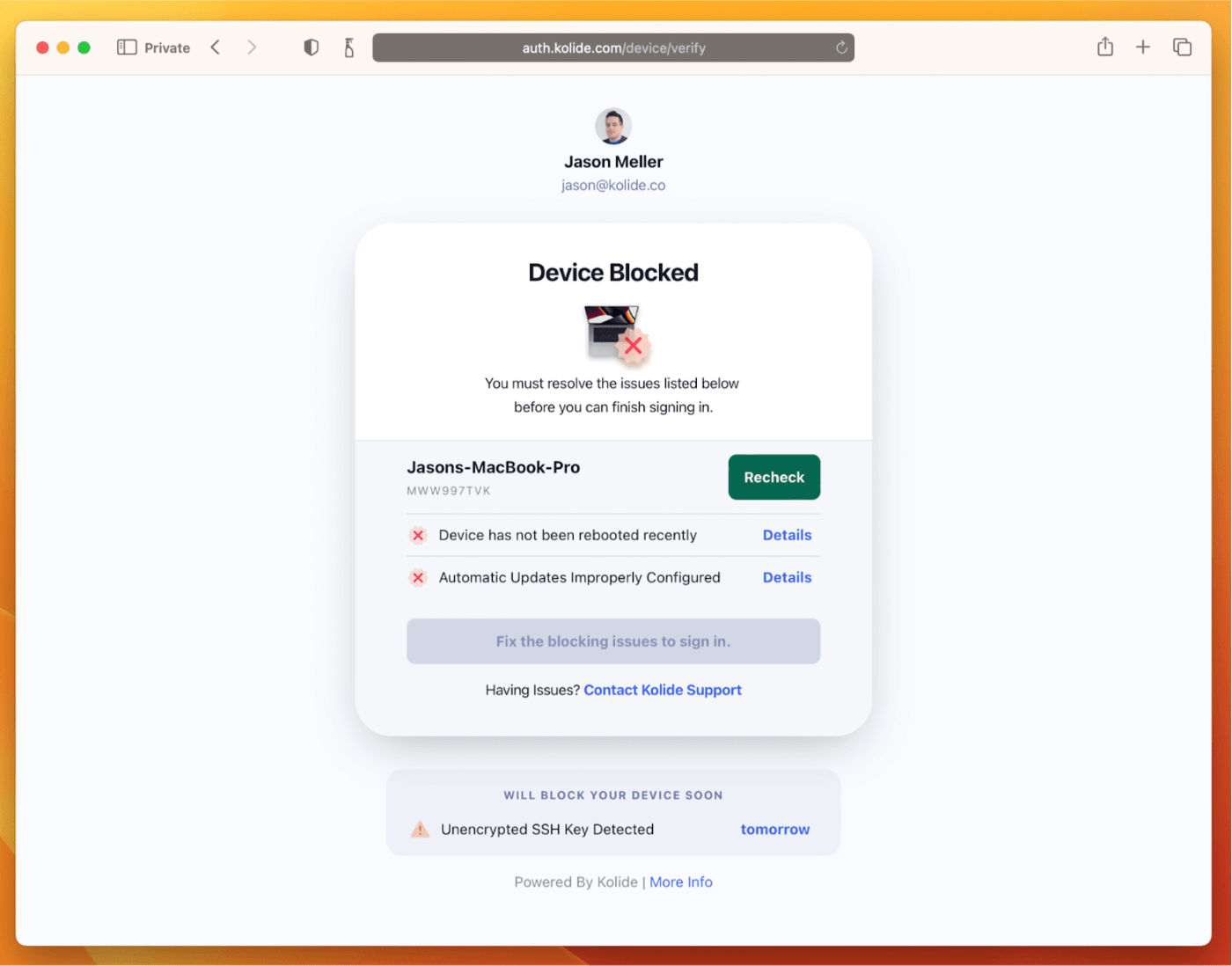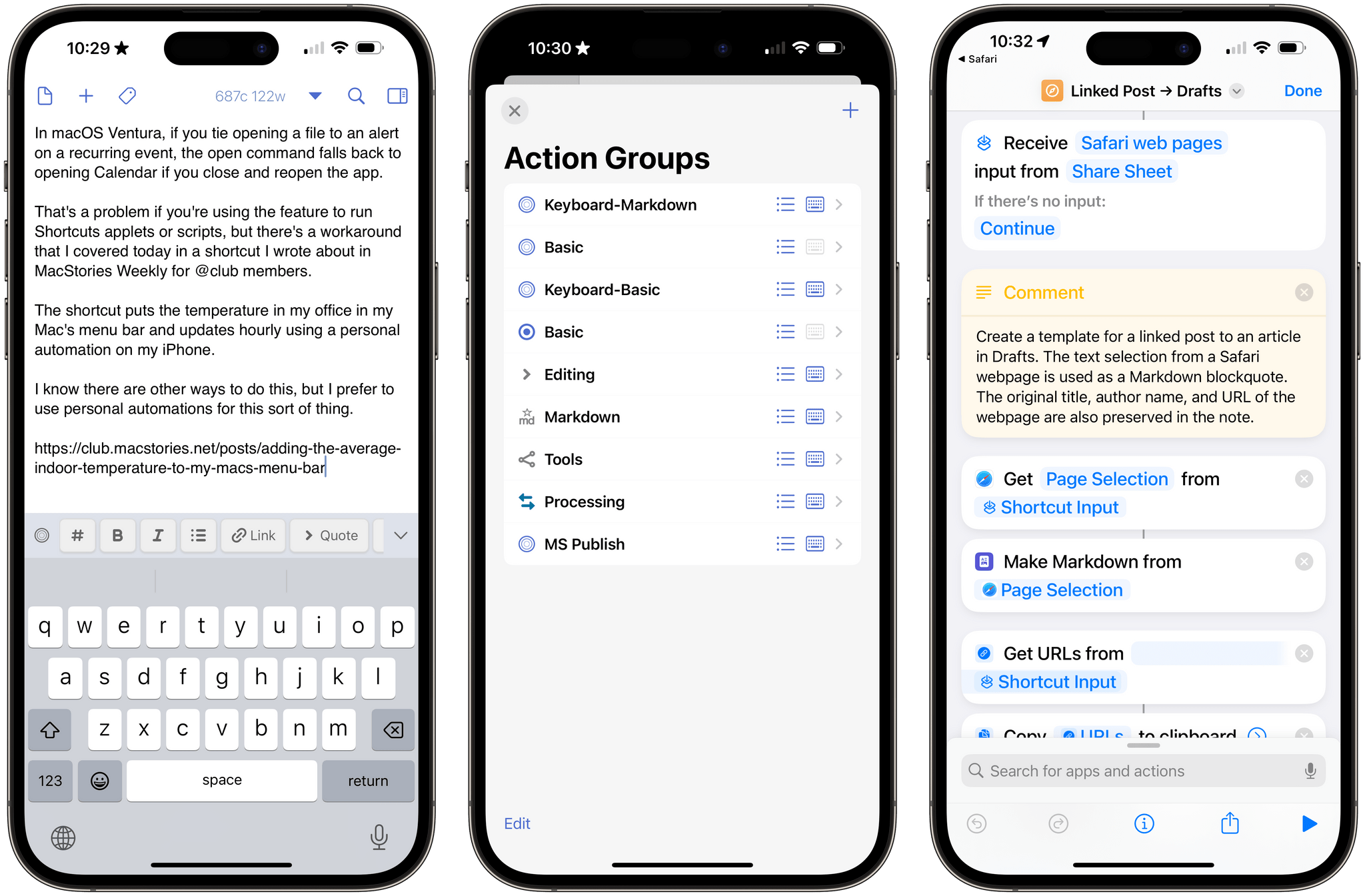Ideas are precious but fleeting. One moment, inspiration strikes, but if you don’t capture that lightning in a bottle, it’s gone before you know it. With Whisper Memos, you can harness the power of artificial intelligence to turn your ideas into orderly memos.
Whisper Memos combines the convenience of quick capture with the power of GPT-4. You can save a voice memo using your iPhone’s Action Button, the app’s Lock Screen widget, Whisper Memos’ Apple Watch app, Shortcuts, and more. Then, Whisper Memos uses AI to turn your recordings into orderly, paragraphed memos delivered directly to your email inbox a few seconds later.
The results are incredible. One moment, you’re recording audio on your iPhone or Apple Watch, and the next, you’ve got an email message easily identifiable by its custom subject line that has been carefully transcribed and organized into neat paragraphs.
Whisper Memos works on Wi-Fi, over a cellular connection, and offline, so it’s always available. The app also supports a long list of languages, and it integrates with Zapier, which allows you to connect Whisper Memos to other productivity apps like Notion, Trello, or your task manager. There’s even a privacy mode for ensuring no trace is left behind after your voice memos have been processed.
So, check out Whisper Memos today. You’ll be amazed at how fast, accurate, and reliable it is at preserving your precious thoughts.
Our thanks to Whisper Memos for sponsoring MacStories this week.







